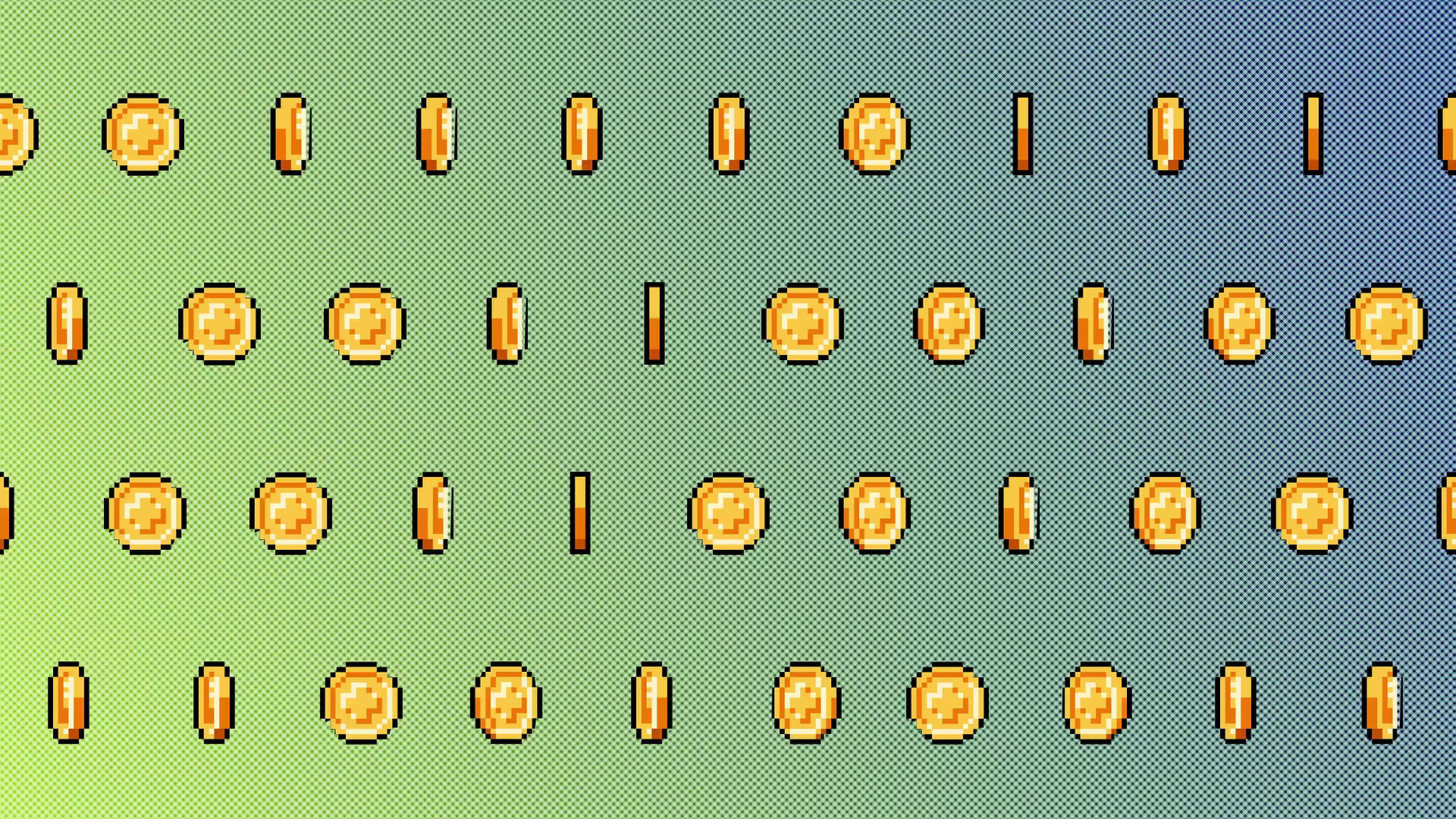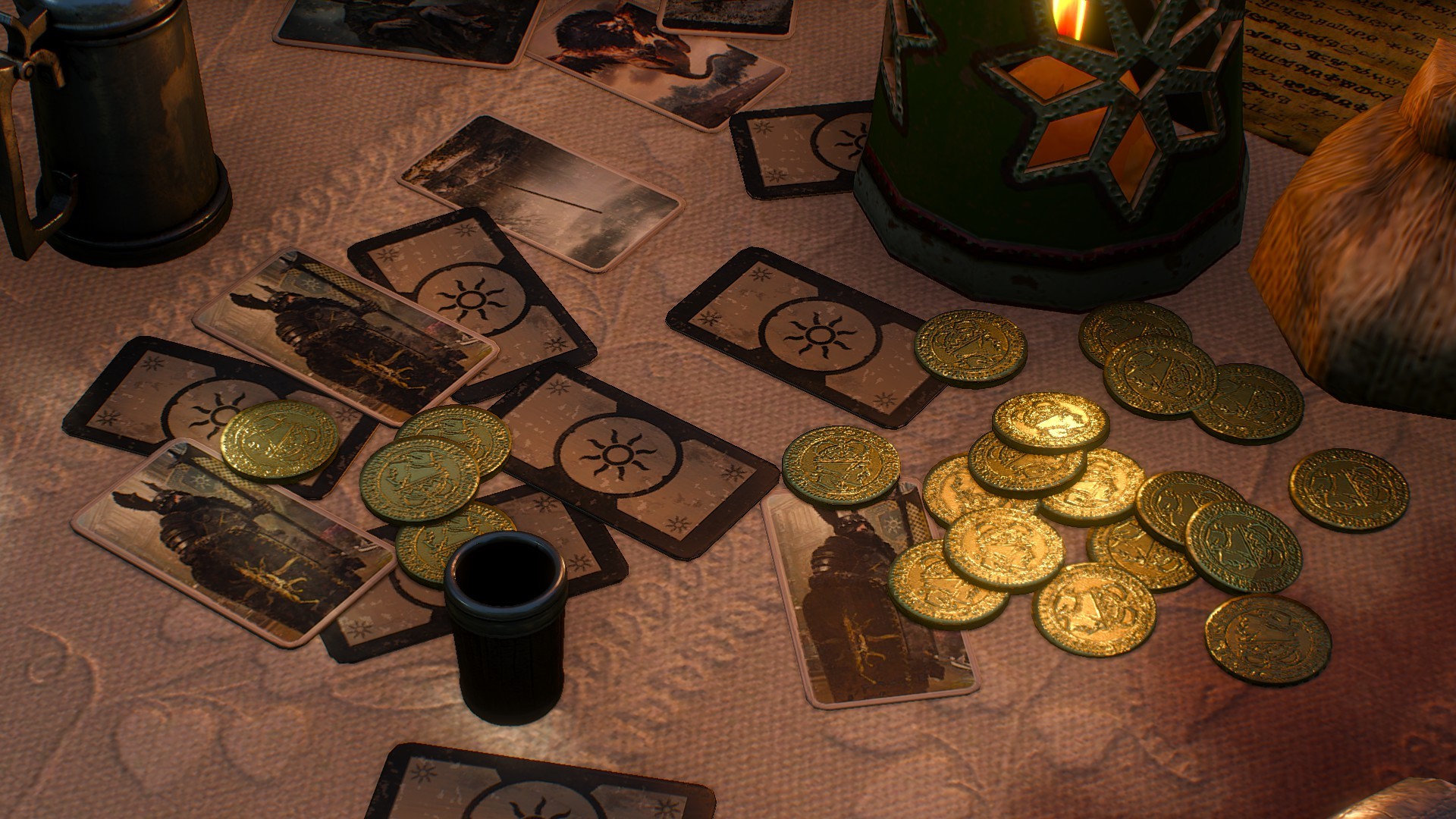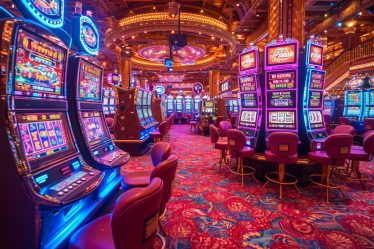
Every player tries to excel at mastering content when they play a particular game. This can mean anything from regularly defeating enemies to collecting the game’s rarest and most popular items. And to this end, money helps a lot. Almost every game has specific in-game currency used for different things, from improving characters to buying other items.
The game’s in-game economy is an essential aspect, determined by getting and spending financial resources. In this article, we’ll explain why this type of economy is necessary and why game developers hate it so much when money leaks out of their games.
But before we get started, our editorial board recommends one excellent mixer. We’re talking about https://yomix.io. With it, you can mix your cryptocurrency with other people’s cryptocurrency, thereby making it as anonymous as possible.
This can be useful if you like depositing money in games using cryptocurrency because you can maintain maximum privacy and confidentiality. If you have questions like “What if I go below the minimum number?” you can find answers in the FAQ on the same site.
The economics of the game: the nuances and aspects
Every game has entities, such as items with which the player can interact. Most games have an inventory in which the player can put these items, pulling them out as needed. In general, item and inventory systems often play a significant role in games, as many gameplay elements are built around them. If you ever decide to make your own game, remember this.

Items come out of nowhere. Here are four basic ways to get them:
- Finding – whether collecting items from the bodies of defeated enemies, stealing them, or obtaining them by exploring.
- Rewarding – rewarding the player from an NPC for completing a task.
- Creation – the player spent his previously obtained items to create some items.
- Trading – the player traded or sold his items to buy other things.
These ways of acquiring items from the cycle make up the game’s economy. The player gets and sells things, moving forward on the game progress bar. In this way, the economy becomes an essential part of the game on which its core depends: if the economy doesn’t work, the game itself won’t work.
But if in-game economics is so cool, why do so many online game developers struggle?
That’s an excellent question. When there’s a well-developed secondary market around where used goods are sold, it’s pretty simple and transparent. You give the money, and you get the goods. But it’s different in online gaming. You can not say that this is a significantly developed area, so the developers are trying to cut off the flow of money from the game because then they will suffer losses.
Game owners, however, have every right to prohibit the sale of their games to specific people or take punitive measures against the players. In this economy, online games differ from the economy in real life. The economy of online games is a complex issue that requires a detailed study.
It varies from game to play, and there are different approaches to its creation. The only thing that can be said unambiguously is that it is an essential element that needs to be worked out and balanced.



